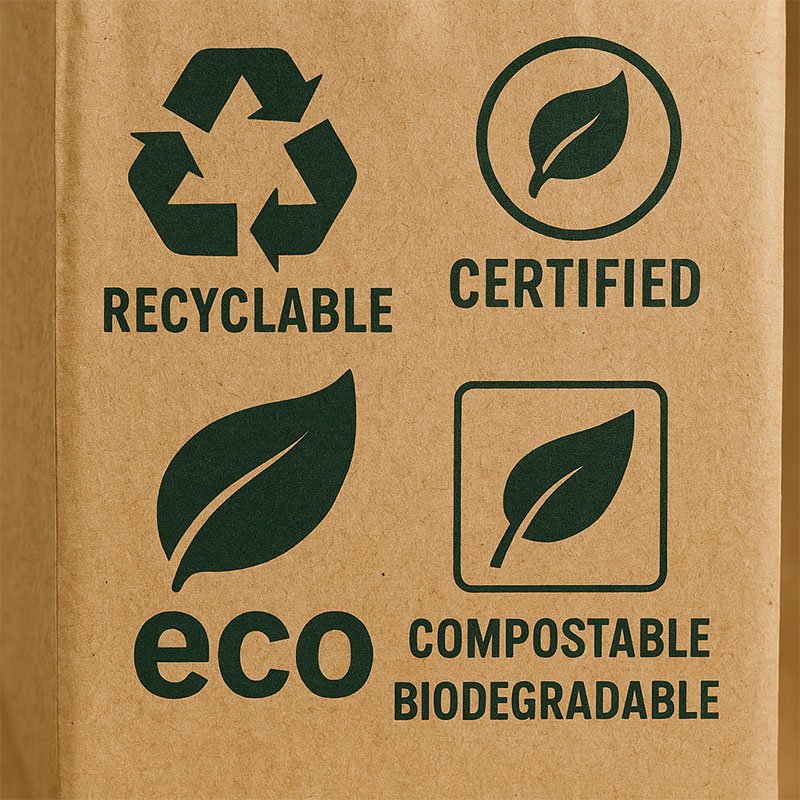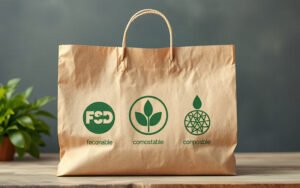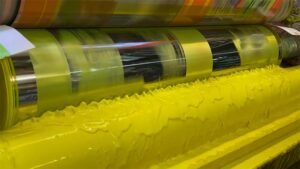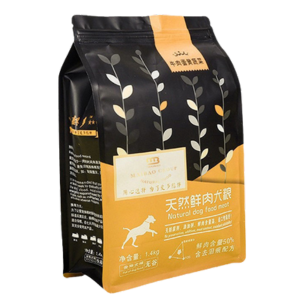Let me guess—you found a great supplier, the bags look decent, the price is right, and you’re ready to hit “Order.” But wait… are those bags even legal in your market? Failing to meet packaging regulations isn’t just a hassle. It could mean fines, delays, or worse—losing a major client.
Yes, paper packaging bags need to comply with a range of regulatory standards depending on their intended use and destination market. These include food safety certifications, environmental regulations, labeling rules, and sometimes even recyclability mandates. Failing to meet these can lead to shipment rejections, legal penalties, or brand damage.
Look, I’ve been in this game since 2008. I’ve seen brands lose entire seasons over a missing stamp or wrong ink. That’s why I’m laying out the essentials right here—simple, practical, and with links to back you up.
What regulatory standards matter most for paper bags?
Let’s start with the basics. The main categories that regulations fall under for paper packaging bags include:
• Food safety standards (if used for food)
• Material and recyclability standards
• Printing ink and chemical safety
• Import/export certifications
• Labeling and traceability requirements
Each country—and sometimes each state—can have its own twist on these. That’s why our team at GreenWing stays glued to updates from the FDA, EFSA, REACH, and others like ISO.

What certifications do I need for food-safe paper bags?
If your paper bags are touching anything edible—cookies, sandwiches, french fries, mooncakes—they must meet food-contact material regulations.
Here are the big ones:
• FDA 21 CFR 176.170/180 (for US): Paper and paperboard in contact with aqueous and fatty foods.
• EU Regulation No 1935/2004 (for Europe): Materials must not transfer substances to food in harmful amounts.
• GB 4806.8-2016 (for China): Paper materials in contact with food.
Also, greaseproof or laminated bags need extra scrutiny. The coating or barrier must be approved for food use too.
Need help checking these? We do in-house compliance testing with SGS and TÜV partners.
Are there eco-regulations for paper bags too?
Oh yes. Sustainability isn’t just a marketing word anymore—it’s legislated. Here’s where it gets interesting.
• EU Packaging Waste Directive and the updated Packaging and Packaging Waste Regulation (PPWR): These demand recyclability, material reduction, and proper labeling.
• California SB270: Bans plastic bags and sets criteria for “reusable” paper bags, including 40% post-consumer recycled content.
• Australian Packaging Covenant (APCO): Pushes for 100% reusable, recyclable, or compostable packaging by 2025.
So, what does this mean for your paper bags?
You need to know your material composition (kraft? virgin pulp? recycled content?), and recyclability rating. At GreenWing, we provide full Material Safety Data Sheets (MSDS) and Recyclability Declarations with every order.
Is ink a regulatory issue too?
You bet it is. And it’s often overlooked.
Many countries restrict the types of printing inks used on food packaging and environmentally sensitive items. These regulations focus on:
• Heavy metal content (like lead, cadmium)
• Mineral oil hydrocarbons (MOHs)
• Volatile organic compounds (VOCs)
We only use soy-based, water-based, or certified low-VOC inks. This isn’t just about compliance—it’s about protecting your brand from getting flagged by surprise audits.
What import/export documents are needed?
Even if your product is flawless, customs might still hold it if you’re missing:
• Declaration of Conformity (DoC)
• Test reports from third-party labs (SGS, Intertek, etc.)
• Certificates of Origin
• REACH and RoHS declarations for EU imports
• FSC or PEFC certificates (for eco-conscious buyers)
One mistake we often see? People assume their supplier will “handle all that.” Nope. It’s your responsibility unless you’ve got a full-service partner (like us 👀).
That’s why we provide a compliance kit with every shipment—including digital copies in advance for your records.
What happens if I ignore these standards?
Let me paint you a picture.
A client of ours (before they found us) ordered 500,000 food bags off Alibaba. Looked great. Price? Chef’s kiss. But when customs inspected the shipment in Germany, they found non-compliant ink and no EU food safety declarations.
That entire container? Rejected.
They lost money, customers, and nearly got blacklisted by a retail chain.
So yes, regulations might feel annoying, but trust me—they’re a lot less painful than the alternative.

More common regulatory questions
Can I just rely on FSC certification for compliance?
Nope. FSC is great—it proves your paper comes from responsibly managed forests. But it doesn’t cover food safety, chemical safety, or recyclability. You need multiple layers of documentation.
What’s the difference between “recyclable” and “compostable” bags?
A recyclable bag goes into the paper bin and gets processed into new paper.
A compostable bag breaks down in industrial composting facilities.
Different rules, different certifications:
• Recyclable: EN 13430, local recycling standards
• Compostable: EN 13432 (Europe), ASTM D6400 (USA)
We make both—just tell us your market goals.
Do I need labels to show compliance?
Yes, often. Especially in the EU and California, where mandatory labeling for recyclability or food-contact approval is common.
We offer pre-approved iconography and label design as part of our packaging services.
So how does GreenWing ensure compliance?
Three ways:
- We pre-test all materials. Before your bag even hits the machine, our raw materials go through screening. Think FDA-approved paper, food-grade coatings, and low-VOC inks only. No surprises later.
- We work with trusted labs. SGS, Intertek, TÜV—you name it. Every batch can come with full compliance reports: heavy metal testing, migration limits, moisture content, recyclability index.
- We document everything. From FSC certification to REACH declarations to MSDS, we hand you the paperwork before your goods ever hit customs. Organized, verified, and digitally backed up.
When I say “full compliance,” I mean you’ll be able to sleep at night—even during an audit.
![Photo of quality control team inspecting packaging with checklists]
I’m shipping to multiple countries. Do I need different standards?
Short answer: yes.
A paper bag that passes in the U.S. might not meet EU or Australian standards. And Canada? They love a good bilingual label.
That’s why we always ask up front: where are you selling this? Once we know that, we tailor the material, printing, and certification process accordingly.
What’s the most common compliance mistake?
Skipping the ink test. People assume paper is the only concern, but the print is often the deal-breaker—especially for food bags.
Second mistake? Assuming recycled paper means eco-compliant. It’s more nuanced than that. Some recycled content might carry contaminants not suitable for food.
What kind of documentation should I keep?
Here’s a checklist to save or print:
• ✅ Declaration of Conformity
• ✅ Material Safety Data Sheet (MSDS)
• ✅ Lab test reports (migration, heavy metals, VOCs)
• ✅ FSC/PEFC certification (if needed)
• ✅ Customs clearance documentation
• ✅ Label proofs (if required)
At GreenWing, we can create a compliance binder for your entire SKU line. Looks fancy in front of your QA team too 😉
I’m not an expert. Can you help with audits?
Absolutely. We’ve supported client audits from McDonald’s to mid-sized food startups. Our internal compliance team handles documentation, mock inspections, and even Zoom calls with your buyers.
So even if you’re not a compliance nerd (we are), you’ll be covered.

Conclusion
Regulatory standards may seem like red tape, but in reality, they’re your business’s safety net. At GreenWing, we don’t just make paper bags—we make compliant, export-ready, buyer-approved packaging that clears every hurdle. No headaches. No holdups. Just bags that work.







